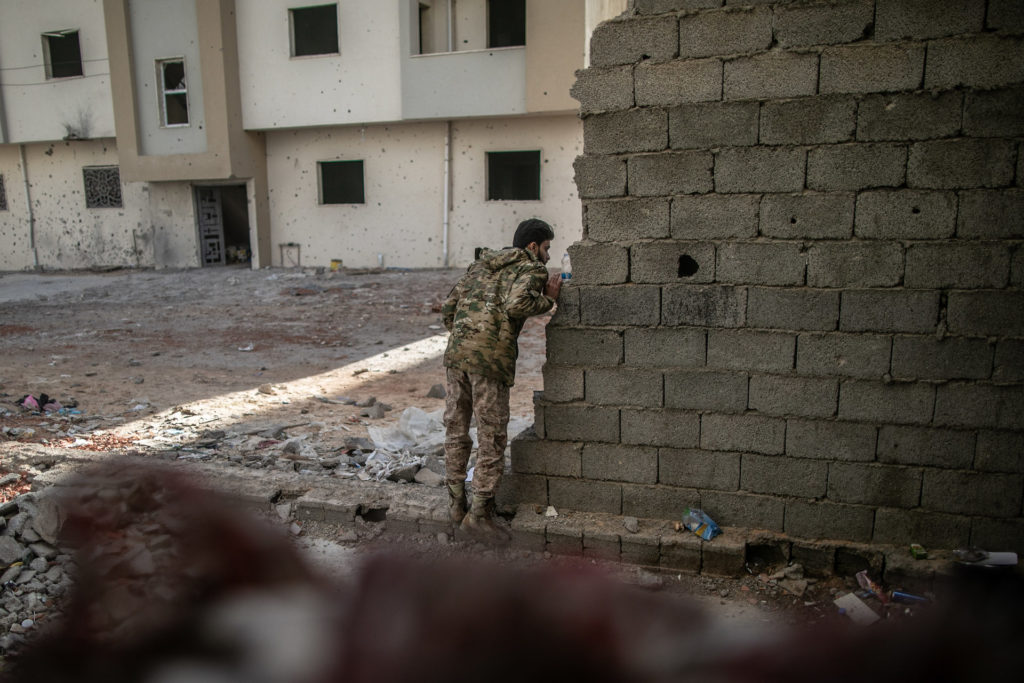EU sanctions violators of UN Libya arms embargo

EU foreign ministers have agreed to sanction violators of the UN embargo on arms flowing into Libya, EU sources told dpa on Monday.
Agreement on sanctions
The measures target three companies from Turkey, Jordan and Kazakhstan, as well as two individuals from Libya, that provided ships, planes or other logistics for the transport of combat equipment to Libya, according to the sources.
In 2011, the NATO-backed overthrow of dictator Moamer Gaddafi plunged the country into turmoil and it has since become a battleground for rival proxy forces. That same year, the United Nations imposed an embargo on arms exports to Libya that has often been flouted.
>>> READ ALSO – World lost 100 million hectares of forest in two decades: UN
The oil-rich country has two competing administrations: the GNA in Tripoli and a government based in the eastern city of Tobruk, which is allied with commander Khalifa Haftar, leader of the self-styled Libyan National Army.
Haftar has been laying siege to Tripoli in a bid to seize it from the GNA since April 2019.
A UN-recognized government in Tripoli, backed by Turkey and Qatar, has been fighting since last year against Haftar, who has had the support of Russia, Egypt and the United Arab Emirates (UAE).
Hope for conflict resolution
At a summit in Berlin in January, almost all countries involved in the Libyan conflict pledged to stop supplying the warring factions with weapons and fighters.
These promises were not kept, prompting the threat of EU sanctions.
European countries are keen to see the conflict resolved, not least because chaos in Libya has provided ideal conditions for people-smugglers to operate in the Mediterranean Sea, bringing migrants from North Africa to Europe.
The European Union has a naval patrol mission in the Mediterranean Sea aimed at intercepting shipments of weapons into Libya.
>>> READ ALSO – EU executive proposes emissions cuts, climate bonds for green Europe
Operation Irini boarded a ship earlier this month that carried jet fuel, which the EU mission said was likely to be used for military purposes in Libya. The vessel departed from the UAE.
More than 217,000 people have been internally displaced in Libya, according to the UN refugee agency. Around 1.3 million people are in need of humanitarian assistance due to shortages of medicine, food and shelter.
In recent months, Libyans have increasingly suffered from frequent power outages and short water supplies.
Last week, Fayez al-Serraj, the premier of the UN-backed Government of National Accord (GNA), said he wants to hand over power by the end of October, amid international efforts to restart talks to resolve the conflict.
Source: ednHUB / Deutsche Presse-Agentur